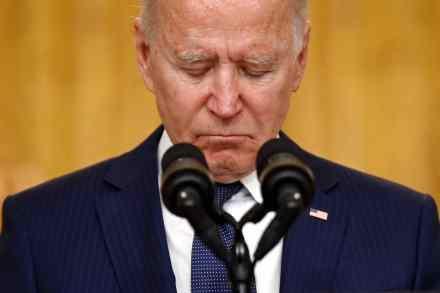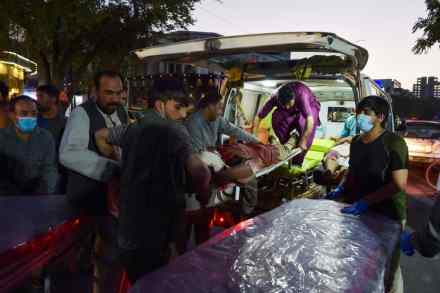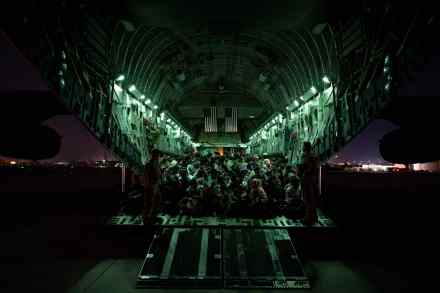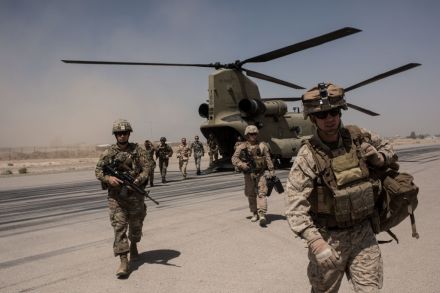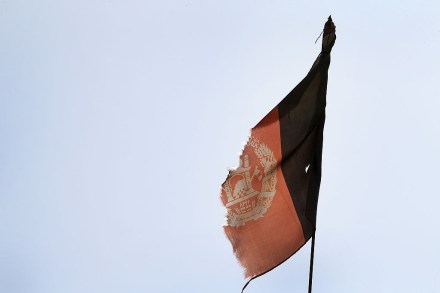The terrible cost of the tragedy at Kabul airport
America’s frantic, confused exit from Afghanistan was a humiliating shambles even before Thursday’s terrorist attack. Now, it is something much worse. It is a deadly tragedy, leaving victims dead and injured and trapping thousands of Americans and friendly Afghans in a lethal environment, where terrorists roam free. There will be a huge political price to pay for this disaster, and President Biden will pay it. This deadly fiasco didn’t just happen on his watch. It happened because of his decisions, a series of fundamentally bad ones, taken by the President himself. Only a month ago, President Biden privately told his Nato allies that Kabul would be stable during the exit Gone
